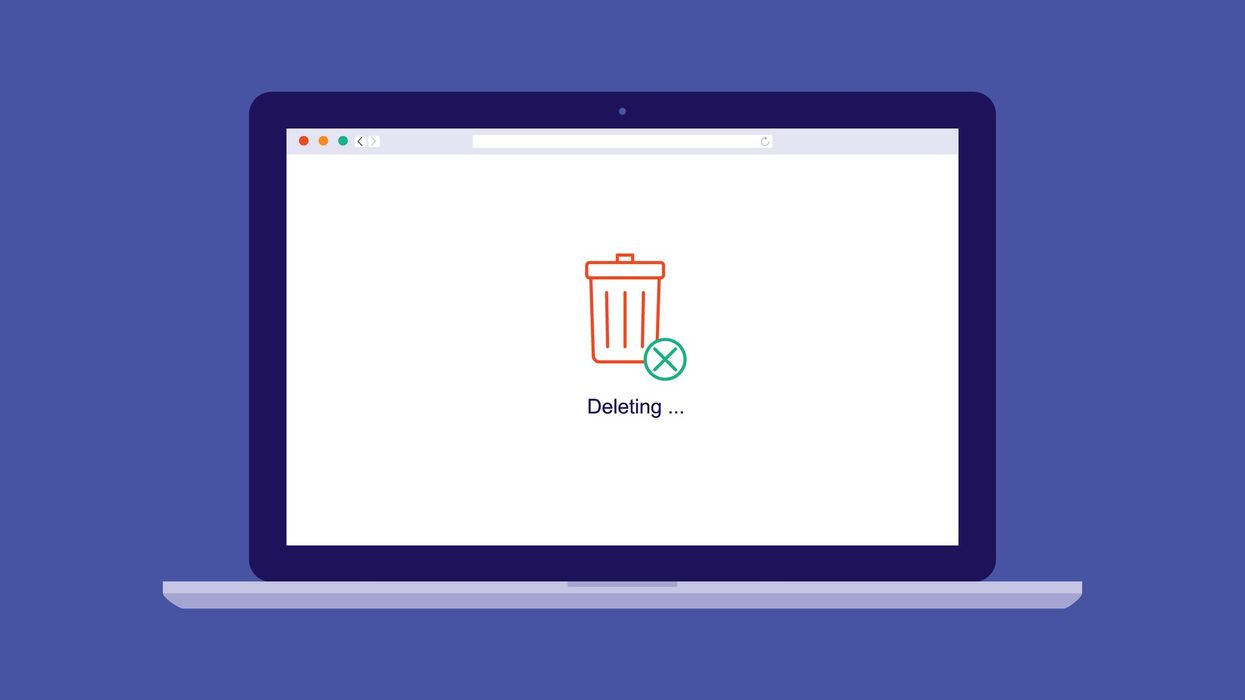
simplehappyart/Getty

Last year, Nanna Thylstrup wrote about the precarity of our digital past. Old blogs, once thriving with activity and personal memories, are unceremoniously deleted by platforms and users. The Internet Archive, a bastion of digital preservation, finds itself under constant assault. Search engines continue eroding, making locating and accessing information increasingly difficult. Movies and TV shows vanishing from streaming platforms without warning; we find out too late that our VCRs don’t work and the DVDs are out-of-print.
How many of us have lost entire chapters of our adolescence to now inaccessible Photobucket accounts? When our children want to look back at pictures of us as young adults, we may be forced to utter a disheartening, "Sorry, baby." The memories we once cherished are scattered across defunct platforms like Instagram, Google Photos, and iCloud, lost to the sands of time. Passwords are forgotten, accounts accidentally closed, and external hard drives lost in moves or rendered obsolete in a way that a traditional photo album never could be. Big Tech collects and razes our data with impunity, leaving us powerless to stop it.
Perhaps even more significant than the loss of personal memories is the way we value the content we post online. We often fail to recognize the importance of what, at the time, seems like trivial or irrelevant information. As a result, online activity — Facebook groups that may have shaped our online identities, private LiveJournal communities that built entire subcultures — have been lost to the void, never to be archived.
In her book "Emo: How Fans Defined a Subculture," Judith May Fathallah laments the state of some of the sources she needed to author her book, "The sites this project considers are not always archives in the actual sense, because they do not necessarily seek to preserve texts, nor are they always easy to navigate."
The instability and insecurity of our digital past are further compounded by the fact that if no one was present to capture screenshots, if bots weren't crawling the data, or if the content was excluded from archiving tools like the Wayback Machine, it's as if it never existed at all. This loss of context is exacerbated by the politicized nature of internet culture reporting, where journalists who take it upon themselves to report on these issues often fail to capture the nuances and complexities of the subject matter accurately. In turn, digital communities are siloed — suspicious — unwilling to talk to people who want to record history. The lore of the digital world is passed on from generation to generation, and sometimes, tribes and families and subcultures and cliques die out.
Sometimes it feels as though we are living in an oral culture, one that relies primarily on spoken rather than written language. The internet is a text-based medium, but the task of contextualizing memes, slang, and the unique creoles of digital subcultures requires context that what fragments we do save can’t always provide.
Why doesn’t preserving our digital past have more urgency? We should know better by now: There’s no such thing as “it’s just the internet.” The internet is part of our culture. Will future generations have access to a picture of the digital world, or is it doomed to be fragmented and distorted?
Katherine Dee
Contributing Editor, Return